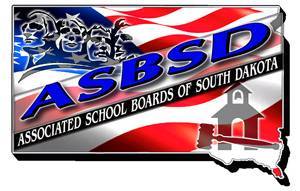Start dates for schools could be up to the legislature beginning next year.
House Bill 1093 would prohibit public schools from starting a school term before the last Monday in August. House State Affairs committee members voted 8-5 to advance the bill to the House floor on Wednesday.
ASBSD opposes the bill.
Currently, state statute allows voters in a school district to refer their district’s school year start date to vote through a petition process.
“You do have the appropriate mechanisms in statute,” ASBSD Lobbyist Dick Tieszen said, adding that school boards make calendar decisions based on what’s best for their students.
“It’s not the same (criteria) in every district,” Tieszen said.
S.D. Department of Education Operations and Information Director Mary Stadick Smith said the potential change in start date “would impact a number of districts” as 126 of the 151 public school districts started before the last Monday in August at the beginning of this school year. DOE opposes the bill.
“That’s not a small number of people,” Rep. David Lust, a House State Affairs committee member, said in reference to the 126 school districts.
“I think that (start date) flexibility is important,” Rep. Lust said. “The overwhelming majority of districts have chosen to do other than this bill would require.”
Supporters of the bill argued it would benefit family vacation planning, agriculture and tourism practices and businesses among other reasons.
“The best interests of the children should be preeminent,” Rep. Lust said. “Not the best interests of tourism or retailers.”
The bill now moves to the House floor for debate.
Along with HB 1093, committee members passed House Bill 1089, which allows certain school districts that do not receive state aid to education to receive funding for certain students with limited English proficiency, on an 11-2 vote.
ASBSD supports the bill.
Rep. Timothy Johns, the bill’s sponsor, said the bill was an amendment to “correct any unintentional omission of those students” who should receive funding under the limited English proficiency provision.
The bill now moves to the House floor.
For updates on these pieces of legislation, read the ASBSD Blog and our Bill Tracker page.
